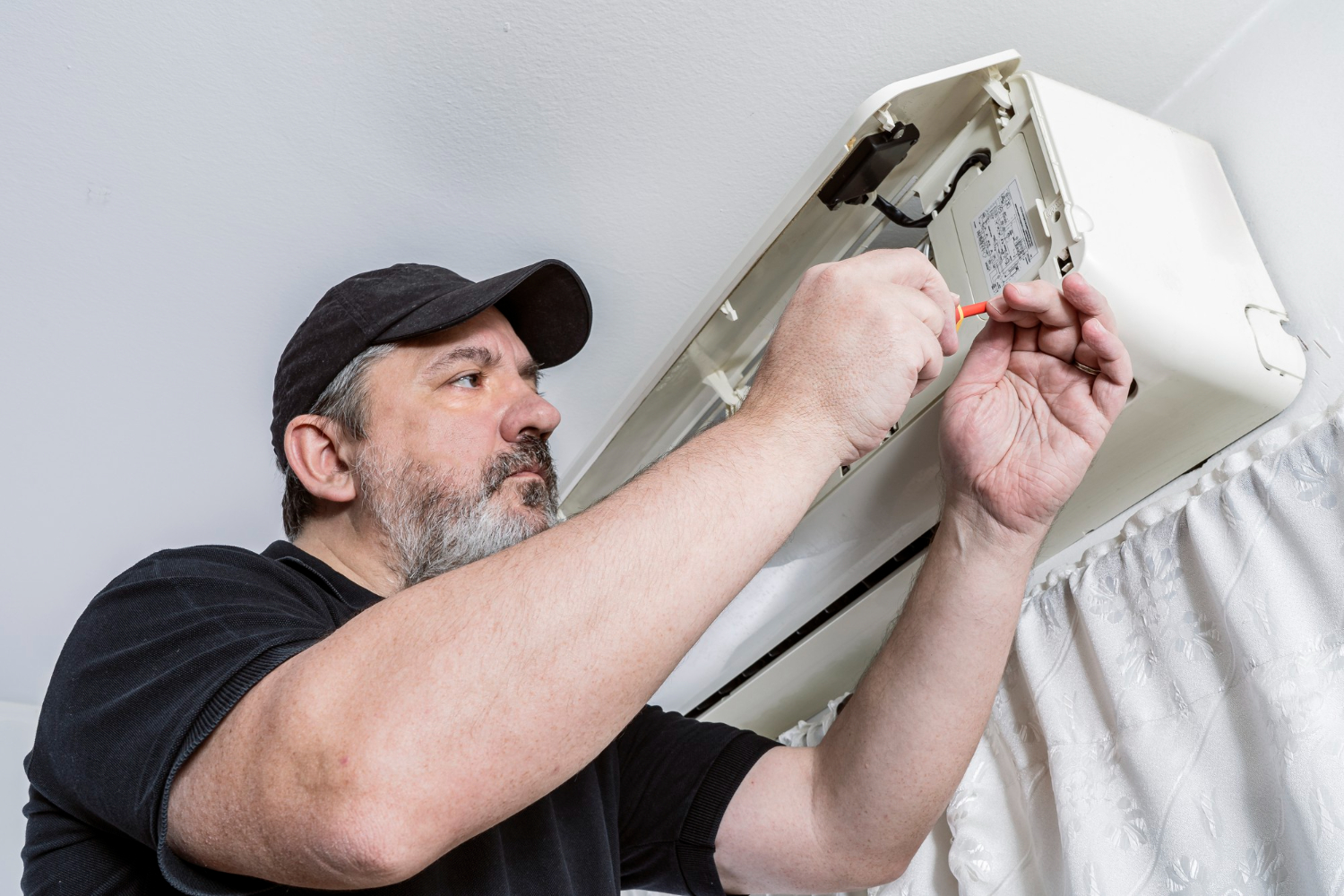Swimming in the fall can be a wonderful experience, but as temperatures drop, a reliable pool heater becomes essential. Keeping your pool heater in top condition allows you to extend your swimming season and enjoy warm water even on cooler days. Proper maintenance and timely repairs can make all the difference in how well your pool heater performs.
Understanding Different Types of Pool Heaters
Pool heaters come in various types, each with its own benefits and maintenance needs. Understanding the differences can help you choose the best heater for your pool and ensure it stays in good working condition.
- Gas Pool Heaters: These heaters use natural gas or propane to heat your pool water. They are known for their quick heating capabilities, making them ideal for pools that are not used frequently. However, they require regular maintenance to keep the burners and heat exchangers clean and functioning properly.
- Electric Pool Heaters: Also known as heat pumps, these heaters pull in air, heat it using electricity, and then transfer the heat to the pool water. They are energy-efficient and work well in warmer climates. Maintenance for electric heaters mainly involves keeping the air filters and evaporator coils clean.
- Solar Pool Heaters: These environmentally-friendly heaters use the sun’s energy to heat the pool water. Solar panels are installed to capture and convert sunlight into heat. While they are low maintenance, solar heaters depend on consistent sunny weather to be effective.
Benefits of Regular Pool Heater Maintenance
Regular maintenance of your pool heater offers several benefits that go beyond simply keeping the water warm. Maintenance ensures the longevity, efficiency, and safety of the heating system.
- Improved Efficiency: Regularly maintained heaters operate more efficiently. Clean filters and components allow the system to heat the water more effectively, using less energy. This leads to noticeable cost savings and consistent pool temperatures.
- Extended Lifespan: Just like any other equipment, pool heaters benefit from regular care. Routine checks and cleaning prevent minor issues from becoming major problems, extending the life of the heater. This helps you avoid the cost and hassle of frequent replacements.
- Safety: Heaters, especially gas ones, can pose safety risks if not properly maintained. Regular inspections can identify and rectify potential hazards, such as gas leaks or electrical issues, ensuring the safety of your pool environment.
- Optimal Performance: Maintenance includes checking all parts of the heater, including the thermostat, pressure switch, and heating elements. Ensuring these components are functioning correctly guarantees optimal performance, providing you with reliable and consistent heating.
Signs Your Pool Heater Needs Repair
Recognizing the signs that your pool heater needs repair can prevent small issues from becoming costly problems. Early detection and prompt action keep your pool heater functioning efficiently.
- Inconsistent Heating: If your pool’s water temperature varies unexpectedly, it could indicate an issue with the thermostat or another internal component. Inconsistent heating often means the heater is struggling to maintain the set temperature, requiring a professional inspection.
- Unusual Noises: Strange sounds like banging, whining, or gurgling coming from your pool heater usually signal a problem. These noises could be caused by debris within the system, worn-out parts, or issues with the blower motor.
- Decreased Water Flow: If there is a noticeable reduction in water flow through the heater, it could indicate a blockage or malfunctioning pump. This issue can lead to inefficient heating and strain on the system.
- Error Codes: Many modern pool heaters come with digital displays that show error codes when something is wrong. Take note of any error codes and consult the heater manual or contact our professionals for a precise diagnosis and repair.
- Increased Energy Bills: A sudden spike in energy bills can indicate that your pool heater is working harder than necessary due to a malfunction. Identifying and repairing the issue promptly can help return your energy usage to normal levels.
Choosing the Right Professionals for Pool Heater Services
Selecting the right professionals for pool heater services is crucial for maintaining a warm and enjoyable swimming environment. Experienced technicians bring the expertise needed to handle a variety of issues and provide top-notch maintenance and repair services.
- Experience and Certifications: Look for professionals with certifications and extensive experience in pool heater services. Certifications demonstrate a technician’s expertise and commitment to quality service. Experienced professionals are more likely to diagnose issues accurately and perform repairs efficiently.
- Customer Reviews and Testimonials: Researching customer reviews and testimonials can give you valuable insights into the quality of service provided by potential technicians. Satisfied customers often share their experiences, helping you make an informed decision.
- Service Range: Choose professionals who offer a comprehensive range of services, including installation, repair, and maintenance. Having a single, reliable company for all your pool heater needs simplifies service management and ensures consistency in care.
- Availability and Response Time: Pool heater issues can arise unexpectedly. Opt for technicians who offer flexible scheduling and prompt response times. Reliable professionals should be able to accommodate emergency repairs to prevent prolonged downtime.
- Transparent Pricing: Ensure that the professionals you choose provide clear and upfront pricing. Transparent quotes help you understand the costs involved and avoid unexpected expenses. Discussing the pricing beforehand ensures a smooth service experience.
Conclusion
Understanding your pool heater and its needs is the first step in ensuring it runs efficiently. Whether you use a gas, electric, or solar pool heater, each type has its own maintenance requirements and potential issues. By staying on top of these aspects, you can prevent unexpected breakdowns and keep your pool comfortable throughout the fall.
Ensure your pool is ready for the fall by relying on the expertise of Carl’s Quality Cooling and Heating LLC. Our professionals are equipped to handle all your pool heater needs, providing dependable services that keep your pool comfortable and inviting. Contact us today to schedule your pool heater service in Bentwater and enjoy a warm swim all season long!





